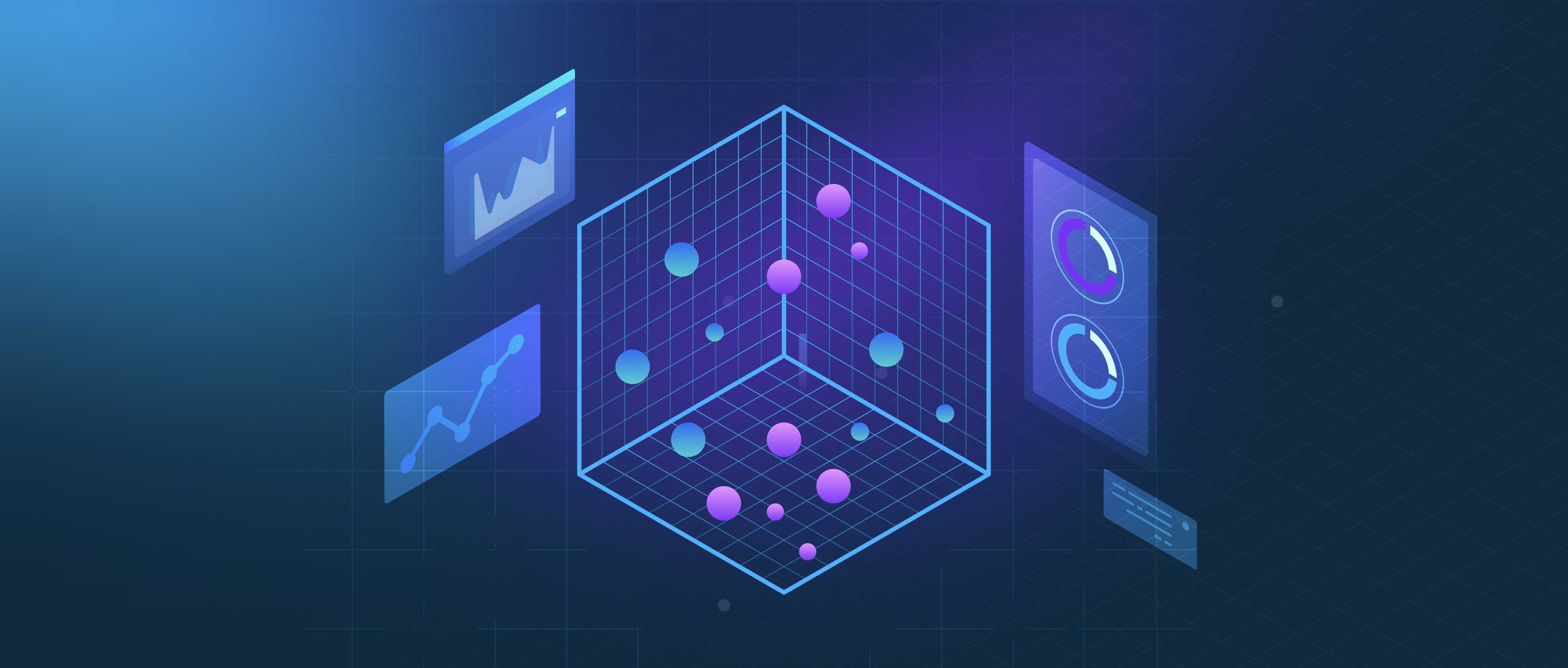Quantum entanglement is a phenomenon in quantum physics where two or more particles become linked in such a way that the state of one particle instantly affects the state of the other, no matter the distance between them. This means that when you measure a property, like the spin of one entangled particle, you immediately know the corresponding property of the other particle. For instance, if two particles are entangled and one is found to have an "up" spin when measured, the other will instantly be "down" spin, even if it is light-years away. This interconnectedness challenges classical intuitions about how objects ought to behave and has significant implications for our understanding of the universe.
The importance of quantum entanglement extends beyond theoretical physics; it serves as a fundamental resource for emerging technologies, particularly in quantum computing and quantum communication. In quantum computing, entangled qubits can perform calculations at an exponentially faster rate than classical bits. For example, certain algorithms, like Shor's algorithm for factoring large numbers, can leverage entanglement to solve problems that are presently intractable for traditional computers. Similarly, in quantum communication, entanglement is used to achieve secure information transfer. Techniques such as quantum key distribution ensure that any attempt at eavesdropping can be detected because the act of measuring the entangled particles changes their state.
Furthermore, quantum entanglement may change the way we think about information and causality. It raises questions about locality, or the idea that objects can only be influenced by their immediate surroundings. This has led to numerous experiments and discussions around the foundational principles of quantum mechanics and how they relate to our macroscopic world. Understanding entanglement not only enhances our grasp of quantum mechanics but may also pave the way for novel applications in technology, bridging the gap between theoretical concepts and practical solutions that could redefine data processing and security in the years to come.
